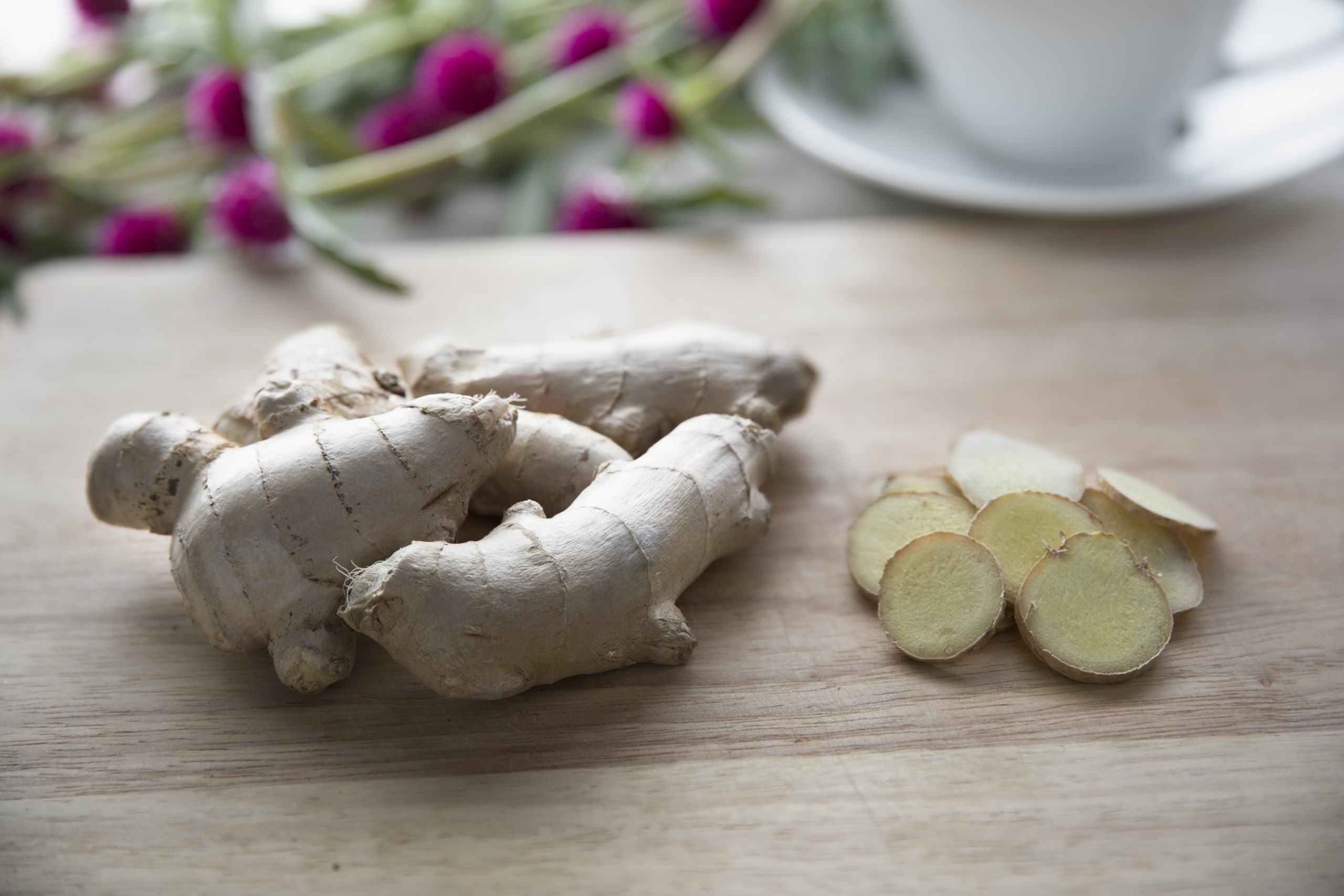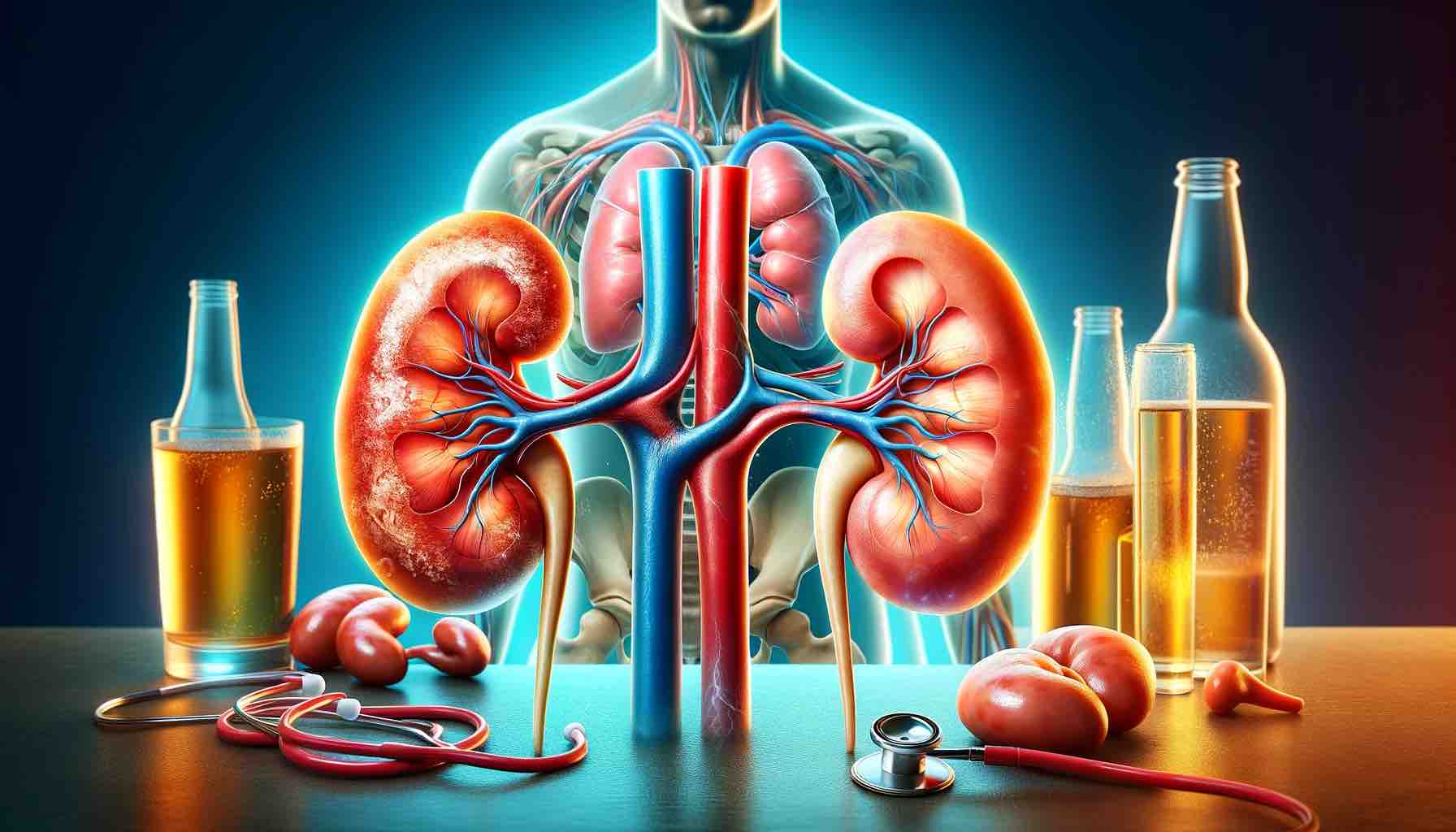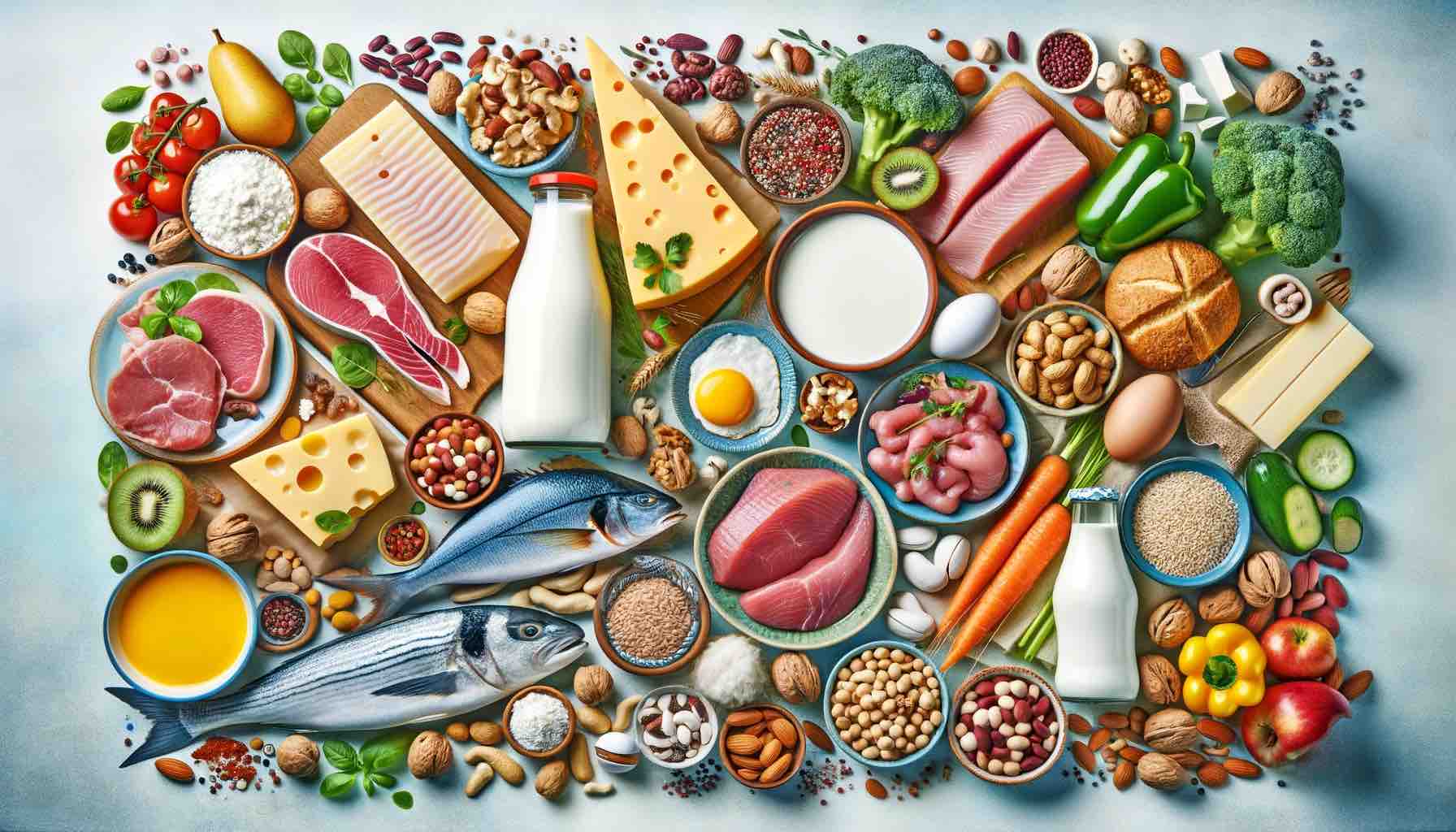
Introduction
“Spicing Up Kidney Health with Ginger?” – Ginger, a zesty and aromatic spice, is often touted for its numerous health benefits. But when it comes to kidney health, the waters get a bit murky. Is ginger a friend or foe to your kidneys?
Ginger and Kidneys: The Good and the Not-So-Good
- Kidney-Friendly Spice?: Ginger is celebrated for its anti-inflammatory and antioxidant properties. But does this mean it’s good for your kidneys? The short answer: Mostly yes, but let’s dig deeper.
- CKD and Ginger: For those with chronic kidney disease (CKD), ginger can be a beneficial addition to your diet, thanks to its ability to combat inflammation. However, moderation is key.
Ginger Tea: A Kidney Booster?
- Herbal Delight: Sipping on ginger tea might be more than just soothing; it’s potentially beneficial for kidney health. It helps flush out toxins and can support overall kidney function.
- Stone Cold Facts: What about kidney stones? Ginger doesn’t typically cause kidney stones. In fact, it might help prevent them by keeping your body hydrated and flushing the kidneys.
Navigating the Myths
- High Creatinine Levels: Some believe ginger aids in lowering high creatinine levels, a marker of kidney health. While promising, more research is needed in this area.
- Ginger Overload: Can too much ginger be harmful? Excess of anything isn’t great, and ginger is no exception, especially if you have existing kidney conditions.
Conclusion
Ginger can be a great ally for kidney health, but like everything, it’s about balance. Whether you’re sprinkling it in your meals or sipping it as tea, ginger can offer more than just flavor – it brings a range of potential health benefits for your kidneys. As always, consult with healthcare professionals, especially if you have kidney-related health concerns.
Your Ginger Stories
Have you used ginger for kidney health? Share your experiences or recipes in the comments below – let’s explore the world of spices and health together!
10 FAQs for the Blog Post on Ginger and Kidney Health
- How does ginger benefit kidney health?
Ginger is known for its anti-inflammatory and antioxidant properties, which can be beneficial for kidney health. It aids in flushing out toxins and supports overall kidney function. - Can ginger help with chronic kidney disease (CKD)?
Ginger may be beneficial for those with CKD due to its anti-inflammatory effects. However, it should be consumed in moderation and under medical guidance, especially in advanced stages of CKD. - Is ginger tea good for the kidneys?
Yes, ginger tea can be good for the kidneys. It helps in hydration and the elimination of toxins, potentially supporting kidney health. - Does ginger cause kidney stones?
Ginger does not typically cause kidney stones. In fact, its hydrating effect and toxin-flushing properties may help in preventing kidney stones. - Can consuming ginger lower high creatinine levels?
While there is some belief that ginger may help lower high creatinine levels, a marker of kidney function, more research is needed to confirm this effect. - Is it safe to consume ginger if I have kidney stones?
Generally, ginger is safe to consume for those with kidney stones. It can aid in hydration, which is beneficial for preventing and managing kidney stones. - How much ginger is safe to consume daily for kidney health?
Moderation is key when consuming ginger for kidney health. A small amount, such as what you might use in cooking or in one to two cups of ginger tea daily, is generally considered safe. - Can ginger interact with kidney medications?
Ginger can interact with certain medications, including those for the kidneys. It’s important to consult with a healthcare provider before adding ginger to your diet if you are on medication. - Are there any risks of consuming too much ginger for kidney health?
Excessive consumption of ginger, especially in supplement form, can be harmful, particularly for those with existing kidney conditions. It’s important to stick to moderate, dietary amounts. - Can pregnant women consume ginger for kidney health?
While ginger is generally safe in food amounts, pregnant women should consult with their healthcare provider before using it for kidney health, especially in supplement form.
Blog Tags
ginger, kidney health, chronic kidney disease, ginger tea, kidney stones, detox, anti-inflammatory, antioxidant, natural remedies, dietary health, herbal tea, kidney function, health and wellness, natural supplements













